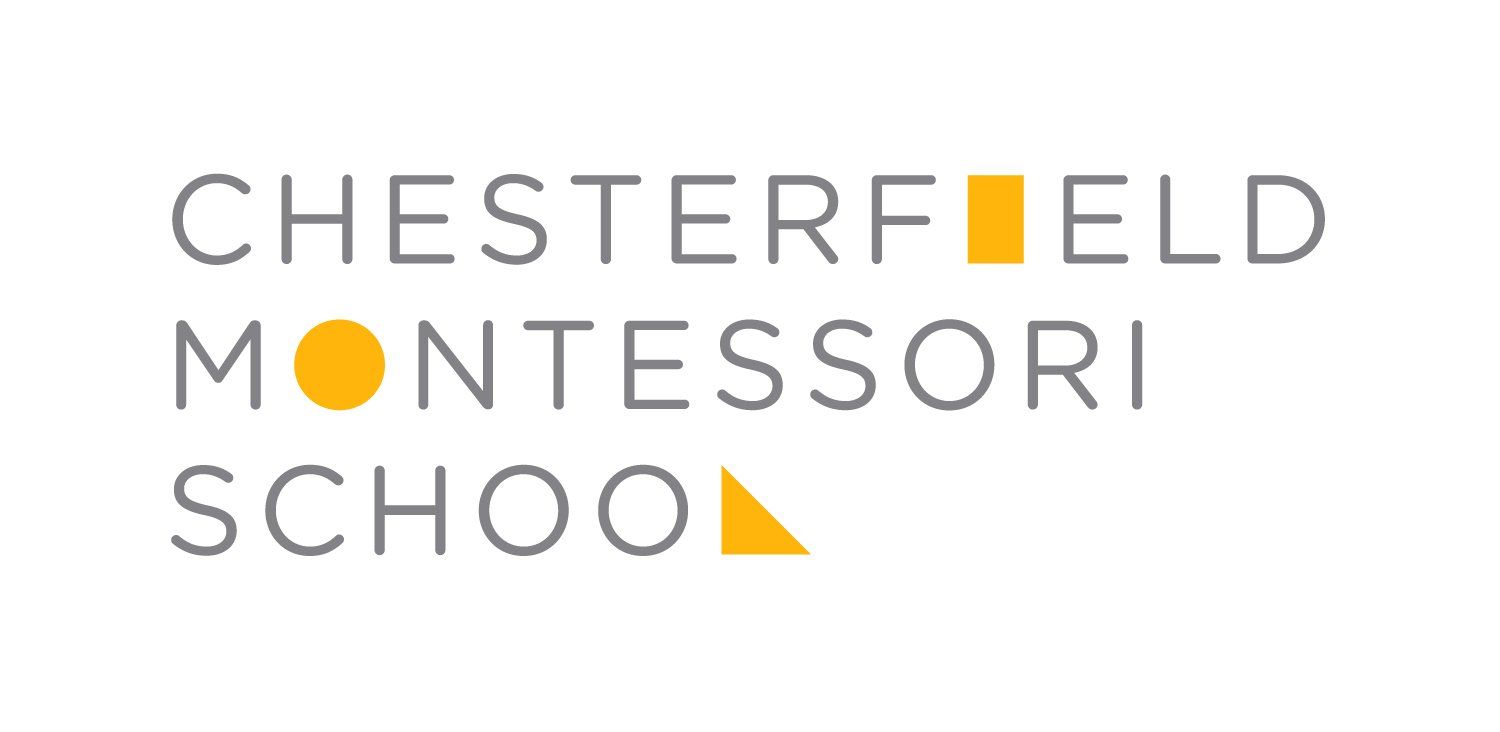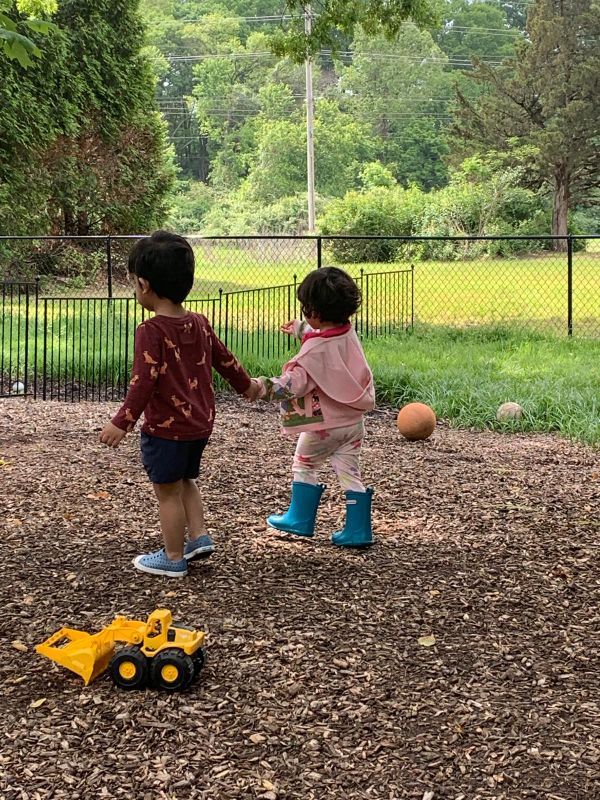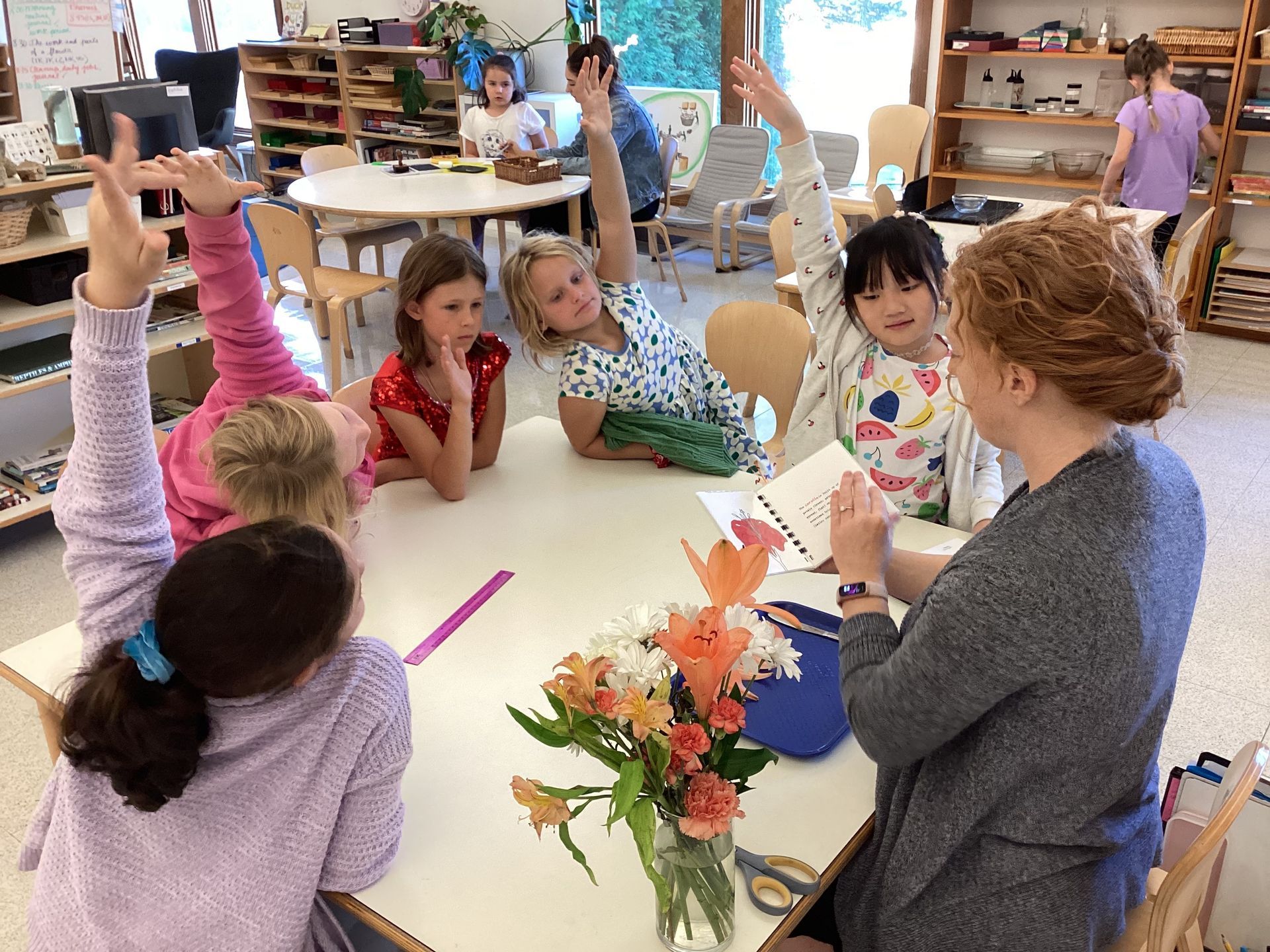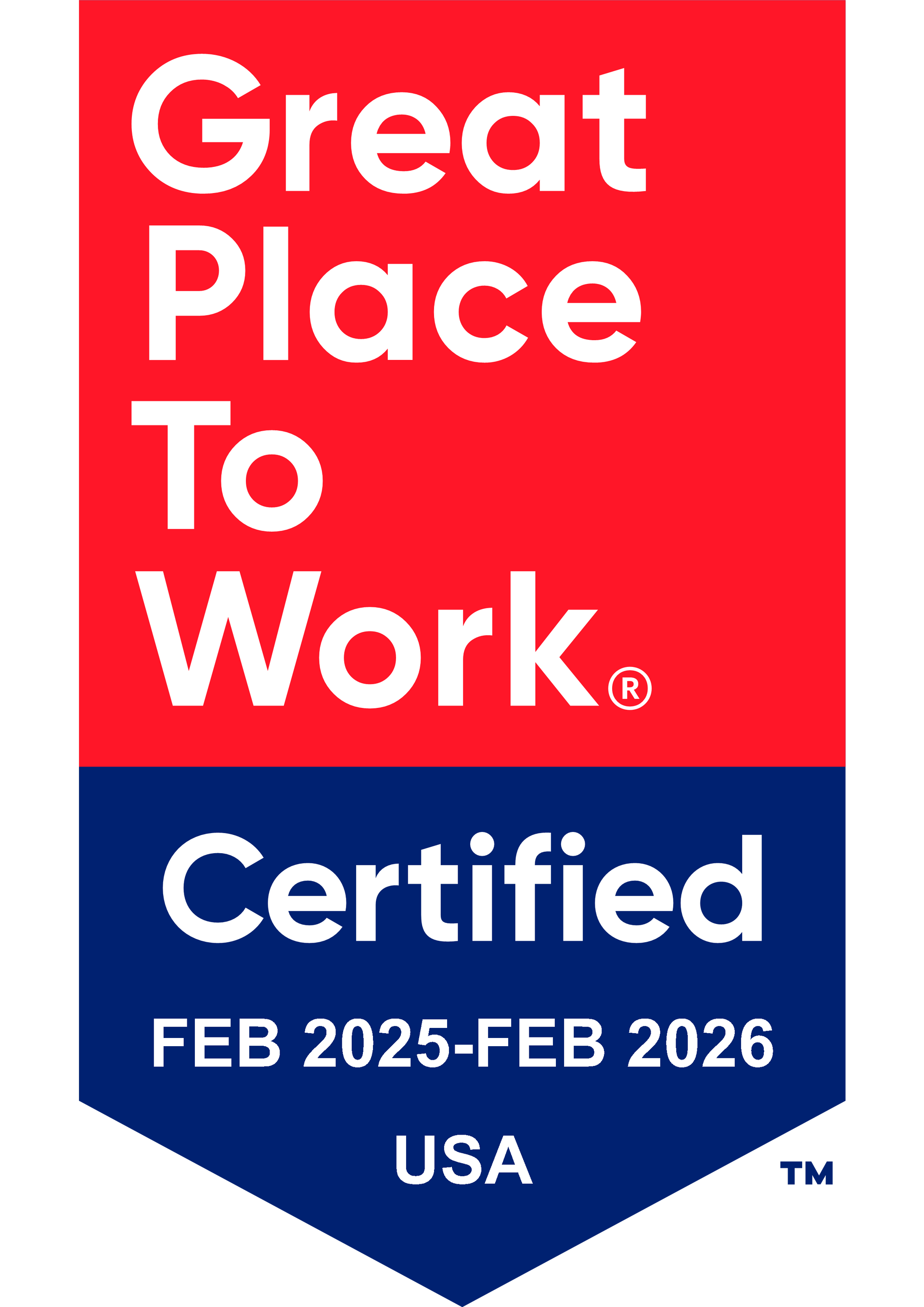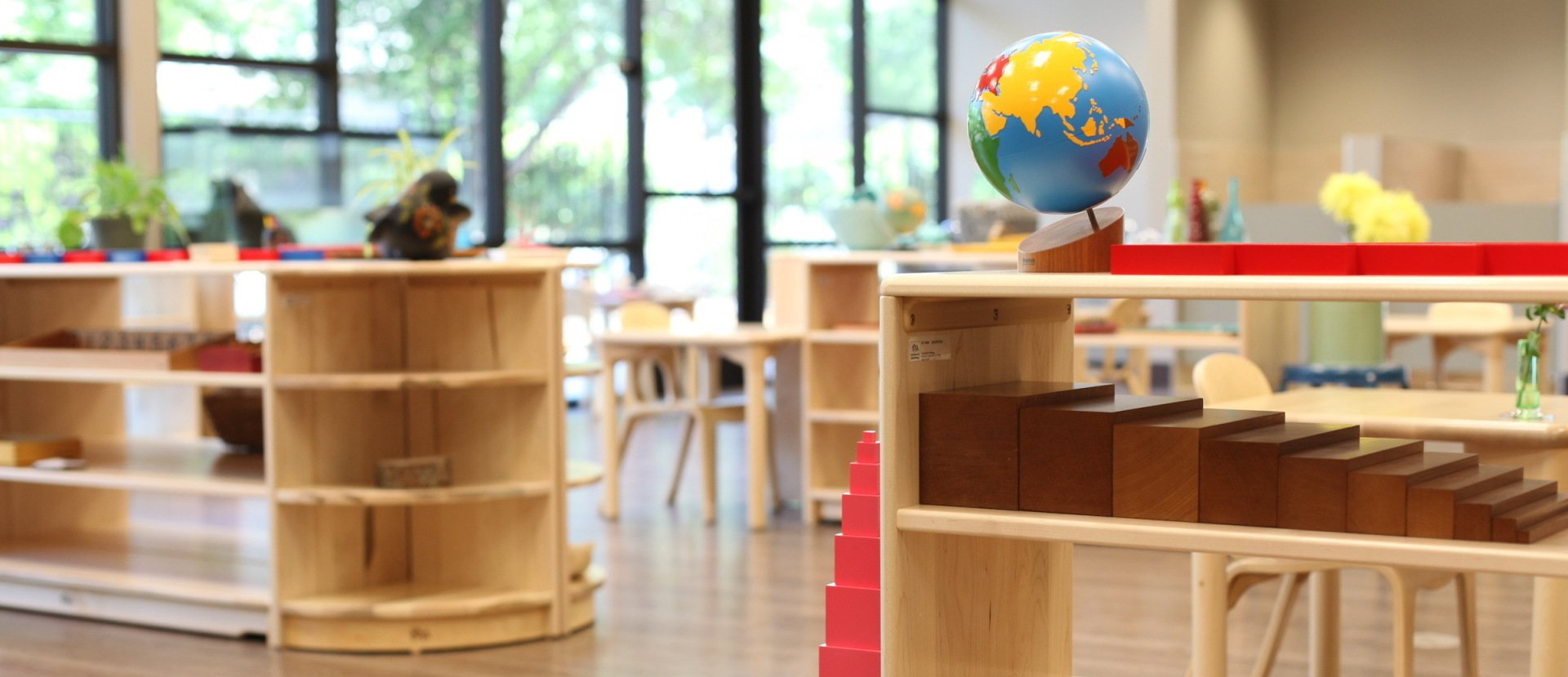
Montessori is the largest pedagogy (Educational Approach) in the world. Dr. Maria Montessori’s work is well-respected and researched, so many schools incorporate her ideas in various ways. Some schools belong to an accrediting organization that ensures certain standards are met; many do not.
In addition to the National Association of Independent Schools (NAIS), the Independent Schools Association of the Central States (ISACS), and the Independent Schools Association of St. Louis (ISSL), Chesterfield Montessori School is recognized by Association Montessori Internationale (AMI). AMI is the accrediting organization established in 1929 by Dr. Maria Montessori and her son, Mario. AMI schools must meet rigorous standards to ensure that they are faithfully embodying Dr. Montessori’s scientific approach to education.
11 Differentiating Features of an AMI School:
1. Highly Trained Teachers. AMI teachers complete intensive and transformational training focused on understanding the child and deep study of the Montessori materials. AMI schools hire only AMI-trained teachers to guide their classrooms.
2. Master Trainers. The internationally-certified trainers who lead AMI teacher trainings must have at least one AMI Diploma and several years of Montessori classroom experience before undergoing yet another seven-year program, which certifies them to facilitate teacher trainings. Every teacher who has an AMI diploma undergoes training with one of these consummate professionals.
3. Prepared Environment. AMI Montessori classrooms are beautiful, ordered spaces complete with the full range of authentic Montessori materials appropriate for the specific needs of the age group they serve.
4. Multi-age Classrooms. The classrooms in AMI schools group children in accordance with the planes of development(developmental stages) identified by Dr. Montessori. Multi-age classrooms facilitate rich learning experiences for the children, who absorb much information through indirect exposure to lessons given to others. In addition to receiving lessons directly from the teacher, children receive support from their friends in the classroom who are further along in their work. This reinforces learning for everyone. In addition, older children act as role models, which results in grace and courtesy in both groups. Classrooms are calm, peaceful and busy with children deeply engaged in work.
5. Uninterrupted Work Cycles. AMI classrooms have protected, uninterrupted work cycles of two to three hours, depending on the age of the children. This is important because it allows the children to immerse themselves in their work, without being interrupted by adult agendas such as special classes or schedules. The work cycle demonstrates respect for the importance of the children’s interests and work, and also supports the development of focus and concentration.
6. Standards are consistent from classroom to classroom and from school to school. If your child is at an AMI school and moves into another classroom down the hall, or transfers to an AMI school in another city or country, the transition should be seamless because the teacher training and the materials are the same.
7. Resistance to Fads. While certain aspects of Montessori education evolve appropriately to reflect research and discovery (for instance, human understanding of natural history has changed since Dr. Montessori’s time), the materials and instruction Dr. Montessori developed over 50 years of meticulous observation remain the same. Emerging neuroscience, business thought leaders, tech giants and the World Bank Group all agree that an authentic Montessori education creates optimal brain development, creativity, adaptability and emotional intelligence, preparing young people to meet the global challenges of tomorrow.
8. High Quality over Time. AMI trained consultants visit each AMI classroom at least once every three years to support the teachers and ensure that the school consistently embodies AMI standards.
9. Individualized. In an AMI classroom, each student works at her or his own pace. Teachers observe the children carefully each day to understand their particular interests and needs. Within a structure designed to meet the particular developmental needs of each age group, children are free to follow their interests and pursue their passions, which stimulates a lifelong love of learning. This individualized approach reveals the unique potential of each child.
10. Hands-on. Dr. Montessori discovered the critical link between the hand and the brain over 100 years ago. As children use their hands in purposeful work, they become deeply engaged. They develop concentration and focus, and their neurological systems move toward optimal functioning. Industries have begun bemoaning the lack of fine motor skills in graduates, as many schools have stopped focusing on handwork altogether in favor of technology. At CMS, however, students of all ages use their hands, bodies and minds each day. Toddlers carry trays, wash windows and water plants in language-rich classrooms that support their work in large and small muscle development. Primary children use hands-on materials designed to prepare them to write in cursive, read and calculate. Elementary children create complex posters and models to demonstrate their research in multiple disciplines, and you might notice many of them knitting or crocheting during group meetings. Adolescents spend many hours each week working outdoors and building items to support their entrepreneurial endeavors, in addition to the deep dives into academic pursuits. All These activities result in happy, well-balanced human beings who are intellectually curious and feel confident in their ability to meaningfully contribute to their communities.
11. Evidence-based. AMI Montessori education improves outcomes. We know this because Dr. Montessori developed her methods by observing children and allowing them to show her how they learn. She designed her materials through scientific experimentation over decades of work with thousands of individuals. Additionally, pediatric neuroscience, which allows us to look into the brain, supports what Dr. Montessori surmised through observation. Finally, recent studies specifically focused on Montessori education demonstrate that high-fidelity Montessori programs improve executive function. Quite simply, authentic Montessori education works.
